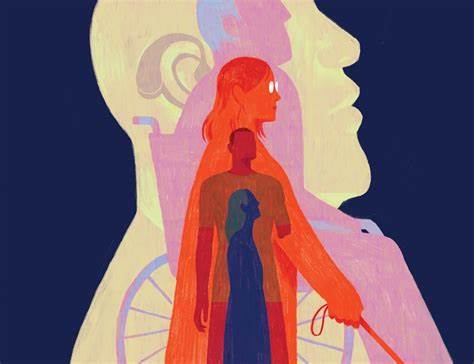Instructor: Glaser MWF 1:25 PM – 2:20 PM
Disability Studies began as an academic field in the latter 20th century in response to activist challenges to legal and social limitations imposed on people with disabilities. Calling for “nothing about us without us,” protestors in various cities made several demands, leading to the creation of the ADA, various institutional reforms, and the broadening of literary and cultural interest in and engagement with disability.
Disability literature interacts with disability studies through the methods of literature and culture studies while also engaging interdisciplinary contributions. The study of disability literature recognizes activism as a textual as well as physical act, and it also uses literary and culture studies methods to explore ethics and aesthetics of disability study. In this course, we’ll look at texts in a variety of genres which may include poetry, novels, memoirs, plays, and essays. We’ll examine these works though cultural, historical, feminist, intersectional, or queer/Crip lenses. Topics may include but are not limited to constructions of disability, ableism, disability experience, disability aesthetics, self-advocacy, identity, stigma, activist, pride, and sex and disability.
